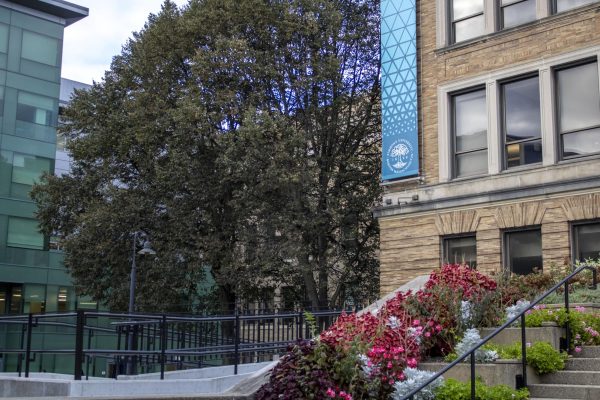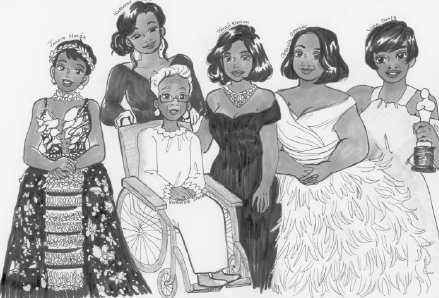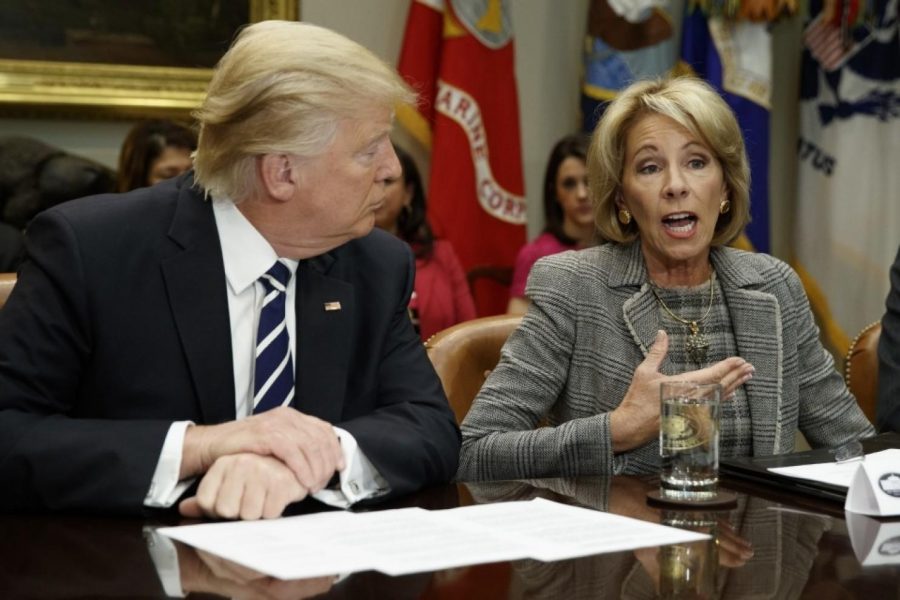By Jennifer Ives
Staff Writer
The Republic of South Sudan is the world’s youngest recognized country, having gained independence from Sudan in 2011 following a referendum in which over 99 percent of citizens voted to gain independence, as reported by USA today. However, Al Jazeera has reported that interethnic conflict throughout most of the country has continued to disrupt the country and contributed to its current civil war.

South Sudanese President Salva Kiir Mayardit was the president of the Sudan People’s Liberation Movement prior to South Sudan’s independence. He was elected as South Sudan’s first democratically elected president in 2010. However in 2013 Mayardit accused his former deputy Riek Machar of attempting to stage a political coup d’etat, leading to an eruption of political violence and civil war which is continuing to rage until this day, which the New York Times reported among other media outlets.
Several ceasefires have been negotiated with the U.S. and various other foreign governments assisting, however none have lasted. The most recent saw Machar elected to a position as Vice President in the government in 2016.
The Washington Post reported, however, that a resurgence in fighting in the region of Jaba and Machar’s displacement by Taban Deng Gai has resumed the civil war, and led to current rebel infighting exacerbating the situation. Widespread ethnic cleansing and war crimes have been reported on both sides of the civil war by the Washington Post, further traumatizing the population and preventing ceasefire attempts.
Currently the most urgent situation, besides the violence—which has killed an estimated 300,000 individuals and displaced more than 1.5 million refugees externally—is a famine. Four famine alerts are currently active in the country, one caused by drought and three by man made conflict, as reported by Al Jazeera.
An estimated 100,000 individuals are starving and 5 million are in need of urgent help, with 20 million over all being affected. CNN has reported that fighting has moved to the south of the country where the most agriculturally rich lands are, preventing planting and harvesting of most crops as well as displacing local populations, exacerbating the need for food in other locations now overwhelmed with internally displaced refugees as well as a lack of food.
Humanitarian interventions have for the most part proved futile. Disputed territorial borders and a lack of infrastructure have made gaining access to the most famine stricken areas difficult. CCN has reported that UN officials have called for ceasefires and safe passage for Red Cross and humanitarian officials in order to ease the famine. UN officials predicted that an estimated 1 million more individuals are on the verge of starvation, and that individuals have already begun to die due to the famine.
Additionally lack of sufficient foreign funding is being considered an urgent factor, with an estimated 4.4 billion dollars needed in the next month order to push back the famine according to official estimates. Al Jazeera has reported that only 90 million dollars has been raised by the UN to date, far below the needed amount.
Makar’s rebel-led troops have also been directly targeting humanitarian aid workers, seeing them as foreign interference, further complicating humanitarian aid efforts.
Combined with on-going war crimes and ethnic cleansing, the lack of distinct boundaries to the war zones as well as over a decade of violence now has made census estimate efforts affected populations incredibly difficult for external and internal agencies, which the Washington Post has written several op-eds about.
Politically speaking, South Sudan’s status remains tenuous. No permanent constitution has been established, and planned democratic elections in 2015 where not held due to the unrest and lack of funds to hold an accurate census.
The South Sudanese Parliament voting to extend the president’s term by three years, with elections to be held in 2018. Rebel dissidents have taken this as a sign that Mayardit intends to unconstitutionally remain in power for as long as possible, fueling the ongoing conflict, which multiple media agencies are currently covering.



















